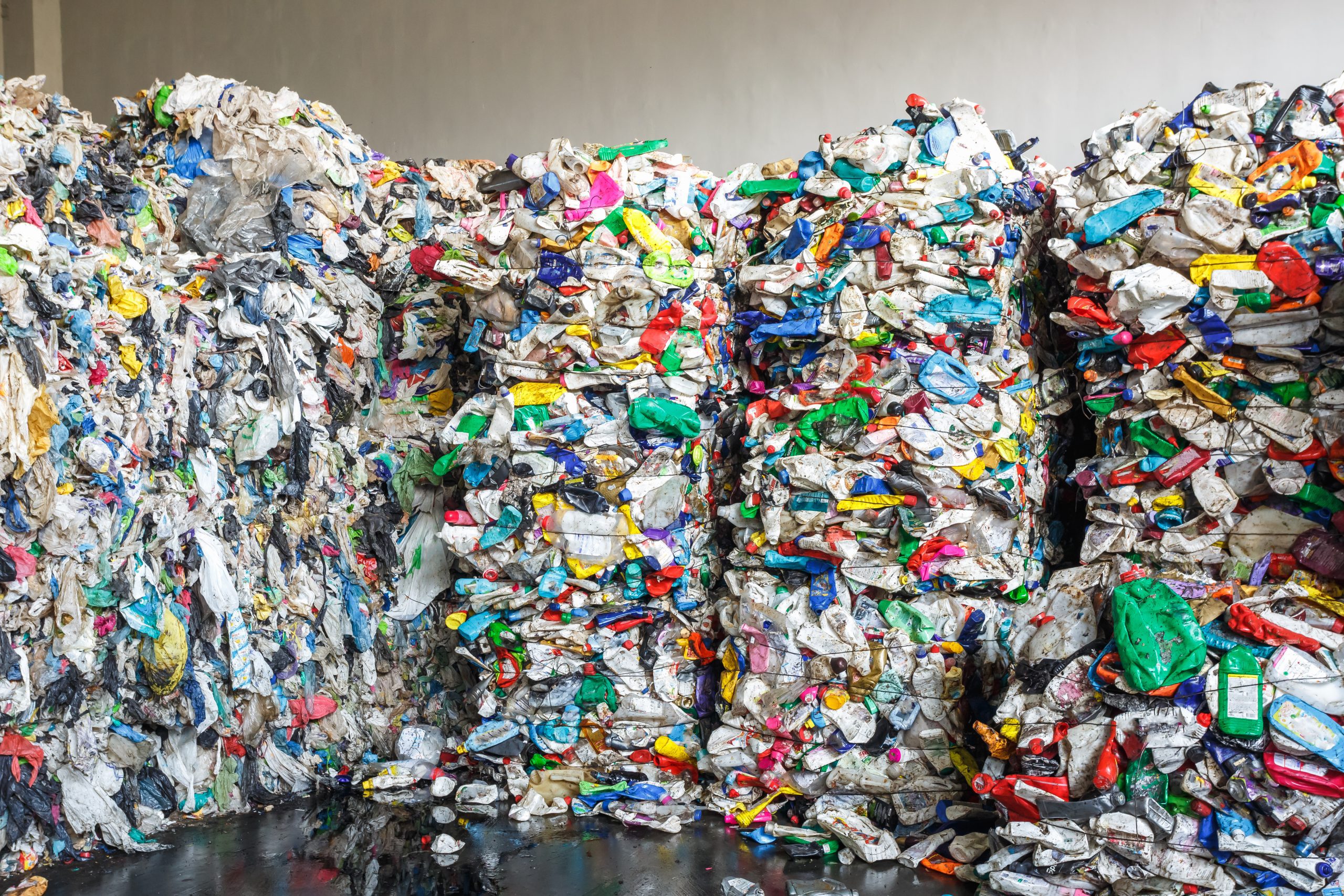News
Too little progress in the use of recycled material for plastic packaging

Too little progress in the use of recycled material for plastic packaging
Circular Plastics Alliance closely monitors the latest industry news. As we work daily with our partners to reduce the unnecessary use of plastic materials, we still see missed opportunities in many companies when it comes to the use of recycled materials in plastic packaging.
This is also evident from recent research by the RIVM, in collaboration with Utrecht University, Rijkswaterstaat, and TNO. Only 7% of plastic packaging in the Netherlands is reused as material for new packaging. The Dutch government has set an ambitious goal that by 2050, no packaging should be made from new fossil resources. However, this goal can only be achieved with new policies and different behaviors from both the packaging industry and consumers.
Plastic packaging significantly contributes to climate change, pollution, and biodiversity loss. Despite increasing attention to sustainability, most plastic packaging is still made from new fossil resources. Moreover, we see an increase in the use of plastic packaging, especially for products such as ready meals and food and drinks on the go. Additionally, the growth of smaller households leads to relatively more packaging used per person. Modeling by TNO shows that if we change nothing, the demand for plastic packaging will increase by 17%.
Action needed from government, businesses, and consumers
While the current focus is mainly on recycling, it is essential that the government also takes measures to encourage the reduction and reuse of plastic packaging. Clear goals and guidelines are needed to accelerate the transition to a circular economy.
Companies can contribute by avoiding unnecessary packaging or opting for reuse. They can also consider offering products in concentrated forms, so that water and air are not unnecessarily packaged, and develop alternatives to plastic. Additionally, a larger share of plastic packaging waste should be used for the production of new packaging.
Consumers also play a crucial role. By consciously choosing products without or with less plastic packaging, such as unpackaged fruits and vegetables, they can reduce the demand for plastic. Reusing packaging and making conscious choices in stores can also make a big difference. By taking collective action, a future without packaging made from fossil resources becomes possible.
Environmental impacts of plastic packaging never before researched so extensively
Never before has such extensive research been conducted in the Netherlands on the environmental impacts of plastic packaging. This analysis looks at the entire process, from production to waste processing, and distinguishes between different types of packaging, such as beverage cartons, bottles, and flexible packaging. The difference between packaging that contains food and those that do not was also examined.
Circular Plastics Alliance continues to closely follow these developments and is committed to working with partners on sustainable solutions for plastic packaging. Do you need help in reducing plastic within your company or have other recycling-related questions? Please contact us!
Would you like to find out more about our Circular Plastics Alliance?
If you have any questions, want to make a comment or find our more. please contact us.